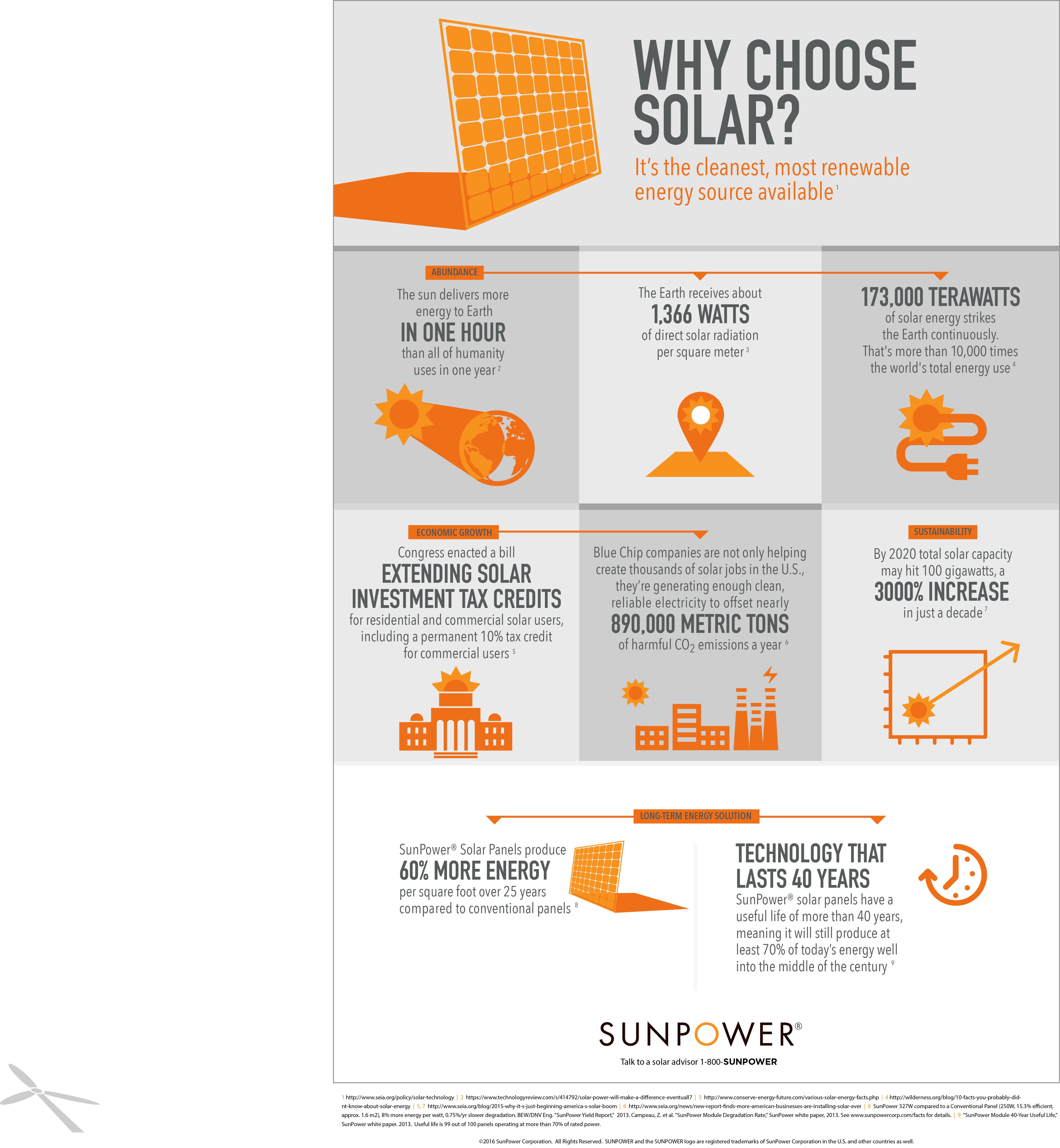Solar Panel Life Cycle Analysis

The greatest carbon emissions caused by the use of pv panels are those associated with module production.
Solar panel life cycle analysis. Harmonization increases the precision of life cycle ghg emission estimates for c si and tf pv reducing variability in the interquartile range 75. Solar panel degradation rates are constantly improving as solar panel technology gets better over the years and degradation rates below 1 are common throughout the industry. After 25 years your solar panels won t necessarily need to be replaced. These results show that.
Is that estimate accurat. A simple solar panel life cycle analysis shows that over 96 of pv materials can be recycled. In the years since this 2012 study was conducted more efficient technologies have been developed and many newer panels have just a 0 5 percent yearly decline in energy. Due to this large amount of papers a review seems necessary to have a clear view of the work already done and what is still to be done.
A 2012 study by the national renewable energy laboratory nrel found that on average solar panel output falls by 0 8 percent each year. What happens to a solar panel at the end. Powermall s deep cycle solar battery is a good value for an rv solar battery because of its high discharge rate wide operating temperatures long service life and deep discharge recovery. Otal life cycle ghg emissions from t solar pv systems are similar to other renewables and nuclear energy and much lower than coal.
Most solar panel companies will provide a standard 25 year warranty for the expected life expectancy of the solar panels. Photovoltaic pv modules typically come with 20 year warranties that guarantee that the panels will produce at least 80 of the rated power after 20 years of use. Silicon pv panels have a low life cycle environmental impact compared to most conventional forms of energy such as coal and natural gas. This means that in year two your panels will operate at.
The environmental impact of photovoltaic panels pvs is an extensively studied topic generally assessed using the life cycle analysis lca methodology. With respect to solar pv panels consumer adoption is the pull that moves the system and corresponding life cycle co 2 e impacts forward. However their ability to absorb sunlight will be reduced.
















































